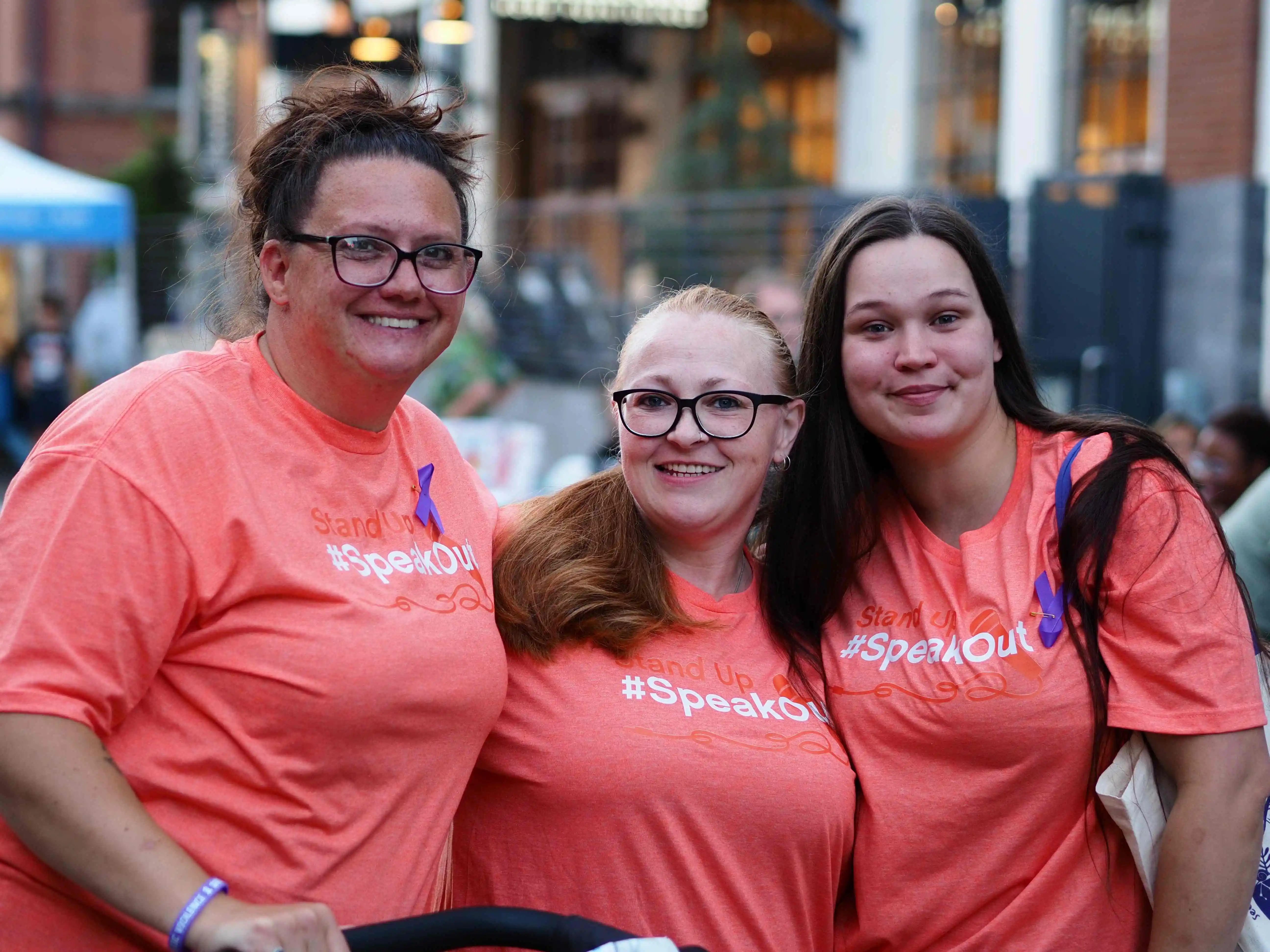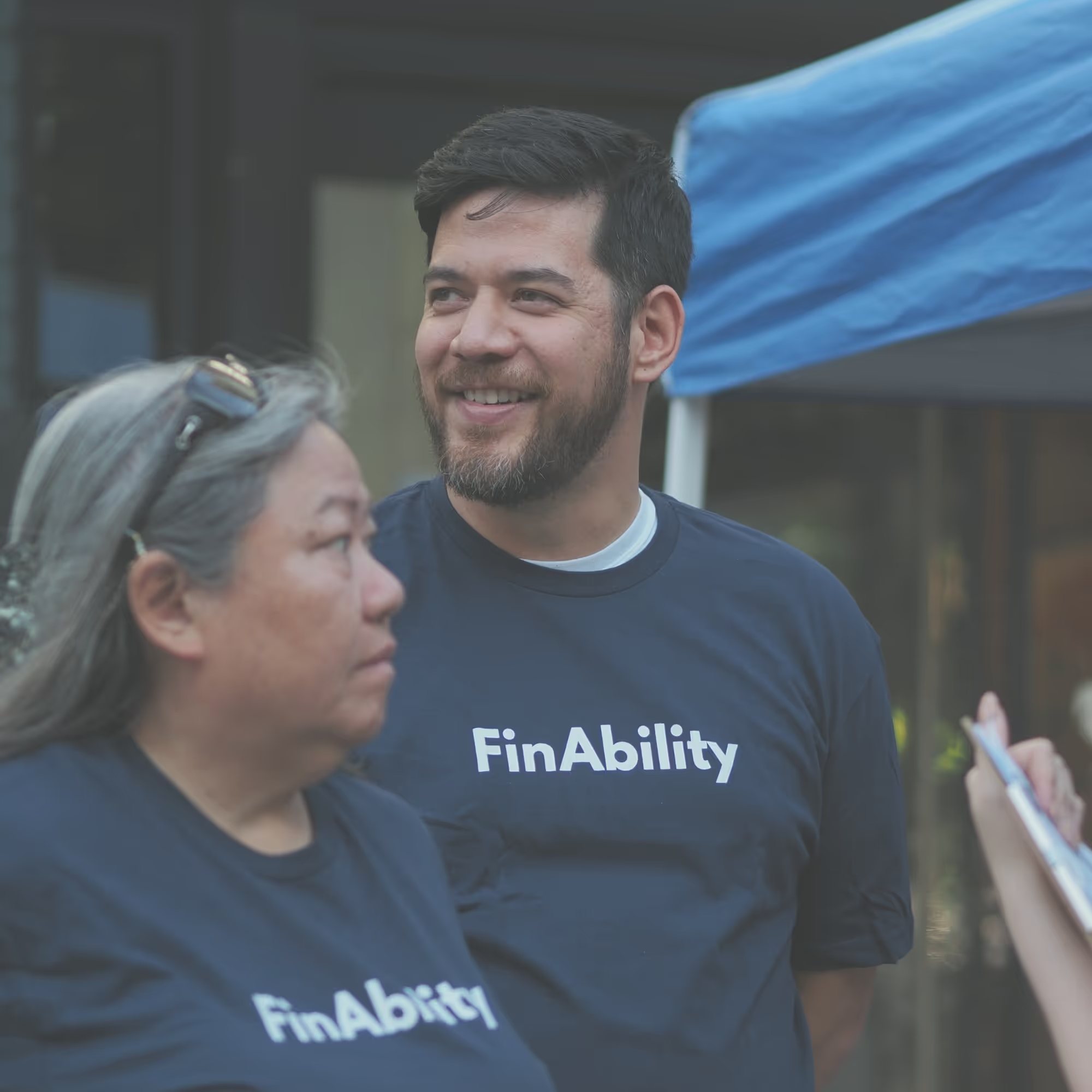Most people know about domestic violence. But few realize that financial abuse is present in 99% of domestic violence cases, quietly trapping millions in cycles of economic dependence, even after a person has found physical safety (National Network to End Domestic Violence).
Survivors often leave with less than $250 (FreeFrom) and damaged credit from debts they didn’t create, while vital systems meant to offer help can inadvertently deepen harm. For example, standard banking and verification protocols, built for security, can unintentionally trap survivors in cycles of inaccessibility and retraumatization.
Financial abuse isn’t just controlling money. It’s a weapon:
- Denying access to accounts or income
- Sabotaging jobs and careers
- Running up debt in someone else’s name
- Monitoring every transaction
- Weaponizing financial systems against survivors
The result? A survivor’s struggle can span generations, impacting employment, education, housing, health, and stability.
Why Does it Stay Hidden?
- Survivors and professionals often don’t recognize financial control as abuse, or it is dismissed as “just how we handle money”
- Shame and stigma around both money and domestic violence silence conversations
- Complex systems overwhelm, leaving survivors isolated
- Many financial professionals lack training to spot and stop financial abuse
America pays a steep price in lost productivity, healthcare, and perpetuated poverty. In fact, the CDC estimates that intimate partner violence costs the U.S. over $3.6 trillion in lifetime economic impacts. Most of this harm is preventable.
Survivor-Led Solutions Change Everything
FinAbility is 100% survivor-led, meaning our expertise isn’t theoretical; we have lived what you’re going through.
We know: The same systems that failed survivors can be transformed to protect them. When a survivor educates a banker about challenges they face with identity verification, for example, real change can start to happen. One survivor’s courage can turn into new bank policy and safer futures, multiplying impact.
The Path Forward
- Education: Everyone, from bankers to the general public, can become aware of what financial abuse is, and respond with trauma-informed support.
- Redesigning Systems: Financial systems can be evaluated and updated to remove unintended barriers and promote safety, access, and autonomy.
- Survivor Leadership: Those who have lived these experiences are best equipped to help fix the systems.
Where Allies Make a Difference
You don't need to be a banker, financial expert, or domestic violence advocate to make a difference. You can start by:
- Listening when someone shares financial struggles, and consider whether control and abuse might be factors
- Learning about the different forms of financial abuse
- Supporting survivor-led organizations working to provide direct support and shift systems
- Pushing for trauma-informed practices in workplaces, financial institutions, and community spaces
Financial abuse is a silent and deeply destructive epidemic. The moment we name it, understand it, and commit to transforming the systems that enable it, everything changes.
Change happens when we move forward together.
%20(2).svg)









